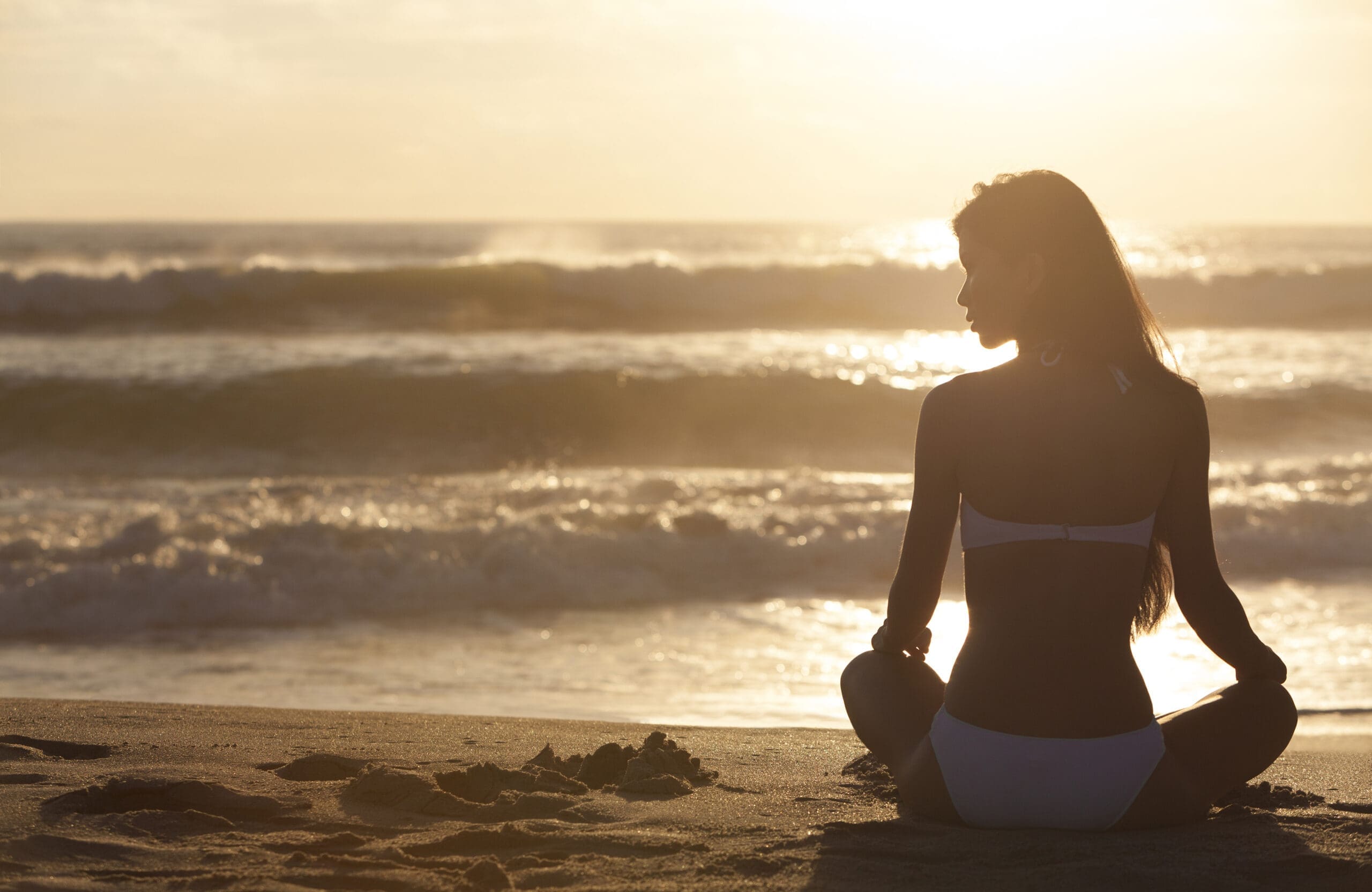As summer approaches, make sure your exercise motivation is at an all-time high.

According to the Australian Institute of Health and Welfare, 58% of women 18 years and over do not meet physical activity guidelines, recommended by the government.
So what is it exactly that motivates us to workout? And how can we utilise these insights to reduce our levels of sedentary behaviour and kickstart our bodies for summer?
- Sense of purpose
According to a study done by the University of Colorado, people are more physically active and willing to participate in regular exercise if they have a strong sense of purpose in their lives. Aspire to find purpose in life by allocating more time for deep personal reflection, participating in activities that you truly enjoy and purposely making time for things you keep putting off. A good way to incorporate your sense of purpose into every day can be to write a list of your inner values or assigning 2 minutes per day of silence and meditation.

- Give yourself a real reward
Psychology and brain function play a key role in exercise motivation and the key is to turn regular exercise into a habit.
By combining a trigger (packing your gym bag before bed), a routine (making IT to the gym daily after work) and a reward (episode of favourite TV show), the brain can learn to link exercise behaviour with positive rewards, increasing motivation and likelihood for regular activity.
- Visualisation is key
Positive thinking and visualisation is highly beneficial for motivation and exercise behaviours. Try imagining yourself running outdoors with the breeze on your face and sun on your back or picturing your legs with newly defined muscle tone. A simple way to start visualizing your goals is by sticking a realistic image on your mirror or fridge of your body goal.
It is also critical to identify and visualise what is holding you back (this is called mental contrasting). It could be that you’re too tired to go to the gym after work, or you find it too cold to exercise outdoors. By visualising your ideal exercise outcome followed by mental contrasting of your current obstacle, you have a much higher likelihood of finding a solution to overcoming your obstacle and then making an exercise plan that you can realistically maintain.





I am now getting motivated to engage into workout. The only problem I’m facing is the lack of time to enrol in a gym. How many minutes should I allocate in a day in order for my workout to be effective?
Any amount of exercise is better than none at all! Try to include at least 30 minutes into your daily routine for most benefits. This 30 mins can be done in one continuous block, or spread out throughout the day in 5-10 minute bursts. We are stoked to know this article has helped motivate you to get out there and get active ready for summer!